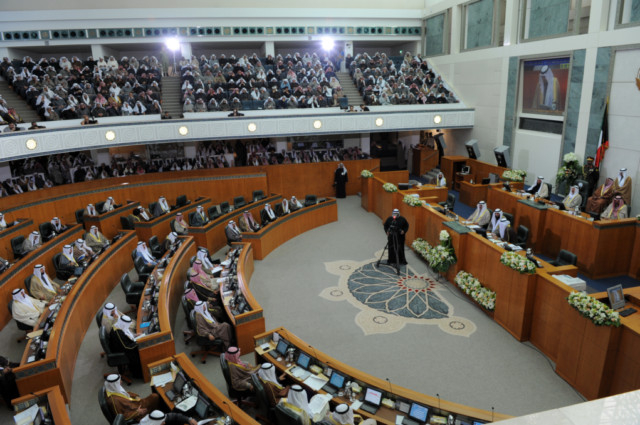Kuwait held its second parliamentary election in less than a year on Thursday, with voters casting their ballots in hopes of breaking a political deadlock that has hampered progress on economic and social reforms. The oil-rich nation has been grappling with a tense relationship between its parliament and government, leading to the dissolution of the previous assembly in February.
Despite a sense of frustration among many Kuwaitis, turnout was moderate with official figures expected later. The outcome of the election remains unpredictable, with a fragmented opposition facing off against Islamist, tribal, and pro-government candidates.
The main challenges facing Kuwait are well-known. The country needs to diversify its oil-dependent economy, create jobs for its young population, and address issues like corruption and bureaucracy. However, gridlock between the legislative and executive branches has stalled efforts to tackle these problems.
The recently dissolved parliament passed a string of populist bills, including public sector pay rises, but rejected some government attempts at austerity measures and economic reform. The government, in turn, has accused lawmakers of being focused on short-term gains over long-term planning.
This cycle of political wrangling has frustrated many Kuwaitis, who yearn for a more stable and effective government. Youths, in particular, have expressed a desire for greater political participation and opportunities. However, despite calls for change, it is uncertain whether the latest election will produce a significantly different parliament.
The fragmented opposition includes a mix of Islamists, liberals, and youth activists. While they share a common goal of ending the political stalemate, they have different visions for the country's future. This makes it difficult for them to present a united front against pro-government and establishment candidates.
Another factor that could influence the outcome is the new electoral law, which was passed last year. The legislation increased the number of constituencies from five to ten, a move that some analysts believe could benefit tribal and independent candidates at the expense of larger Islamist blocs.
The upcoming days will be crucial as Kuwait waits for the election results. If the new parliament is similar in composition to the last one, the political impasse is likely to continue. This could further delay much-needed reforms and hinder Kuwait's ability to address future economic challenges. However, if a more cooperative parliament emerges, there is a chance for Kuwait to move forward with its reform agenda and unlock its full potential.

